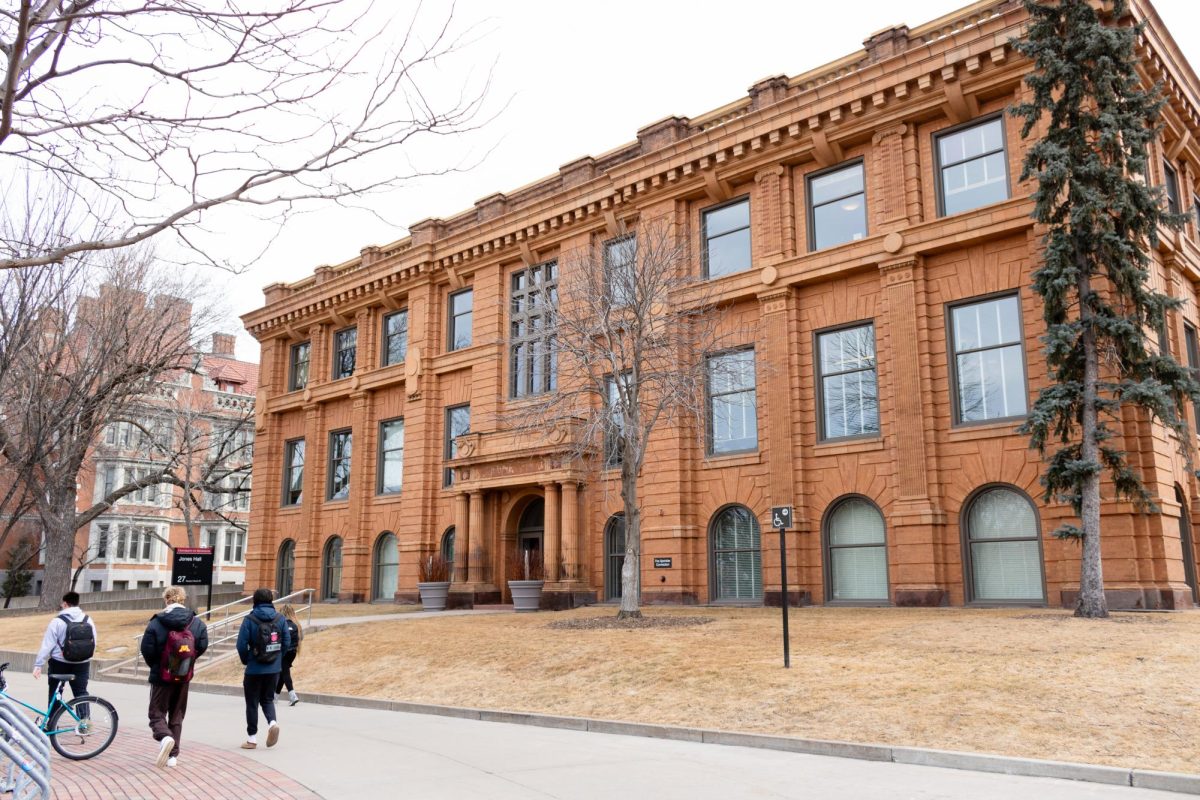In an effort to promote ethical consumption, the Minnesota Student Association is considering mandating support for local businesses that are owned by women, Black and Indigenous people, people of color or members of LGBTQ communities.
Authored by MSA representative Jack Flom, the resolution asks that MSA allocate half of the items it purchases to these local businesses. The resolution also asks MSA to limit gift card purchases to large corporations or promotional items for events to below $750 in one fiscal year.
MSA has a budget of over $160,000, with funds coming from the University of Minnesota student services fees. Portions of the budget are assigned to various expenses, including food, events and stipends for MSA staff. In a typical year, MSA allocates roughly $4,000 for food and snacks at its forum and committee meetings.
Flom said they initially wanted to ask the University to email students encouraging them to purchase more from Black, Indigenous, people of color and LGBTQ businesses. But Flom said they believe it would be more effective if MSA took the opportunity to make an impact on the community.
“MSA should try to invest more in those communities to uplift them and also get them through the pandemic as much as possible,” Flom said.
The resolution also asks that MSA cancel its Amazon Prime account, citing the mistreatment of Amazon employees and the company’s negative impact on the environment. MSA primarily used the account for its free shipping feature to buy food and supplies for meetings.
MSA members will vote on the resolution in an upcoming forum meeting on February 23. Flom said they think the resolution is likely to pass.
Sarah Jasa, an at-large representative and co-sponsor of the bill, said MSA will be able to spend its money ethically by deleting their Amazon Prime membership.
“It’s using students’ money for ethical consumption, so making sure that it’s not being spent to make the rich richer, but to essentially help our community flourish better,” Jasa said.
Samiat Ajibola, a representative of the African Student Association to MSA, said the resolution is important because it attacks institutional racism directly.
“When large organizations take a stand to support BIPOC communities, it is also supporting the lives of these communities,” Ajibola said in an email. “If we truly want the world to change we need to be able to put our money where our mouth is.”
Correction: A previous version of this article misstated when MSA will vote on the resolution. Members will vote in their forum meeting on February 23.




















CapnRusty
Feb 17, 2021 at 2:31 pm
Mr Flom and the MSA did not earn the money they are spending. It is not their money. Rather, the was given to them by others (taxpayers, alumni, donors, etc.). Perhaps Flom and the MSA should consider the intentions of those who gave them the money, rather than spend the funds in a manner that signals their virtue.